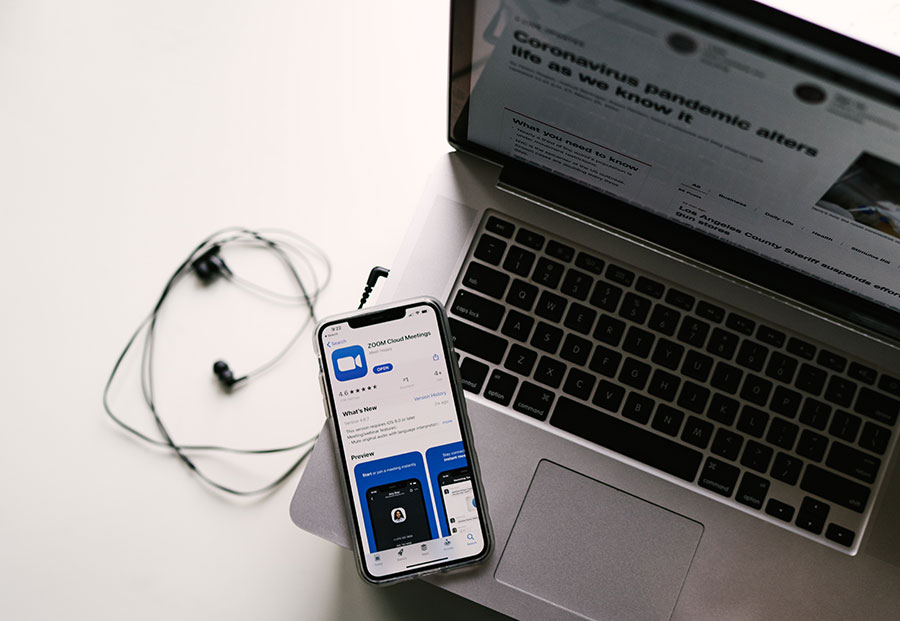What Does A Leadership Coach Do?
We know that what a leadership coach does is not just what ordinary coaches do. They are different from a personal development coach, or a life coach. It specifically caters to business people or executives who are usually leaders in the companies or organisations they belong to. These professionals take on leadership coaching to be able to improve their performance and productivity in the positions they hold in the company or organisation. Aside from the fact that the coachee is different in leadership coaching, the techniques and methods are also different compared to the other types of coaches. It is tailored to fit the needs of the leader in achieving the company’s goals.
Leadership coaching is not merely a teaching session, or a training event, it is a partnership between the coach and the coachee. The leadership coach is not an expert and does not boast as one. The leadership coach clarifies that he or she is conducting the session only to facilitate and collaborate with the leader for the benefit of the company or the organisation. Listed below are some of the things a leadership coach does.
1. Stimulating Environment
A leadership coach is needed when supervisors or managers need to exceed expectations. These leaders are expected to meet the demands or requirements of the company or organisation, however, exceeding these requirements, is much more impressive and mostly preferred. To properly set the mood for the coaching, a leadership coach sets the tone of the session. The atmosphere of the session should be encouraging, motivating and stimulating. The session must appear to be challenging for the leader. Beginning the session is usually where they sets out the current status of the coachee’s performance or productivity against the set standards of the company or the organisation, and gives praise when necessary, or sets aside points for further discussion if some improvement is necessary. The leadership coach challenges the coachee to come up with action plans, aligned with the company’s vision or goals, on how to do better.
2. Strengths and Weaknesses
Everybody has his own strengths and weaknesses. Even the most effective leaders do. The leadership coach brings out from the coachee his strengths and weaknesses. This is necessary to gauge the coachee’s limitations and capabilities. When the coachee identifies his strengths and weaknesses, the session progresses into the formulation of the next steps. Once this is done and over with, the coachee plays an active role in providing data to either justify the requirements not quite met or to come up with ideas on how to alter the approach in meeting, if not exceeding these requirements. The leadership coach challenges the coachee to come up with action plans, aligned with the company’s vision or goals, on how to do better. The leadership coach does not dictate what needs to be done, instead brings them out of the coachee.
3. Experiential Learning
Learning from experience has proven to be quite effective for leaders in companies and organisations. This is finding out what works best for the leaders and the organisation as a whole. The coach encourages hands-on learning. What better way is there for a teacher to teach or a leader to lead than to be able to do so with what he or she has experienced personally? The action plans formulated when the strengths and weaknesses were identified, are put to the test and evaluated. Experiential learning helps the leader in analysing the need or identifying the gap in order to improve performance and productivity.
4. Practicing
Each leadership coaching session is different. Each one is unique. As mentioned earlier, a leadership coaching session should tailor fit the needs of the leader. A leadership coach puts into practice the lessons you are trying to draw out of the sessions you conduct. The learning are promoted by the leadership coach in order for the company or organisation to adopt the lesson. This can be considered as best practices that are practiced throughout. Remember, you are not an expert.
Leadership coaching sessions are required or requested when necessary. A leadership coach helps the coachee in improving or enhancing their performance and productivity. They develop a partnership with the leader with only one goal – to improve. The leadership coach conducts the coaching session in a safe yet stimulating environment where the strengths and weaknesses are identified and action plans are formulated. Trying out the action plans bring about observation and evaluation from the leadership coach. This is when the results of those action plans are evaluated against the requirements. It is dependent on the evaluation results whether the leadership coach and leader need to go back to square one and start over, or, to take the learning from the session and propose it to the company or organisation as a best practice or a new method or directive.
Should you need a leadership coach to help you in working on improving your game at work, feel free to contact me here.




Responses